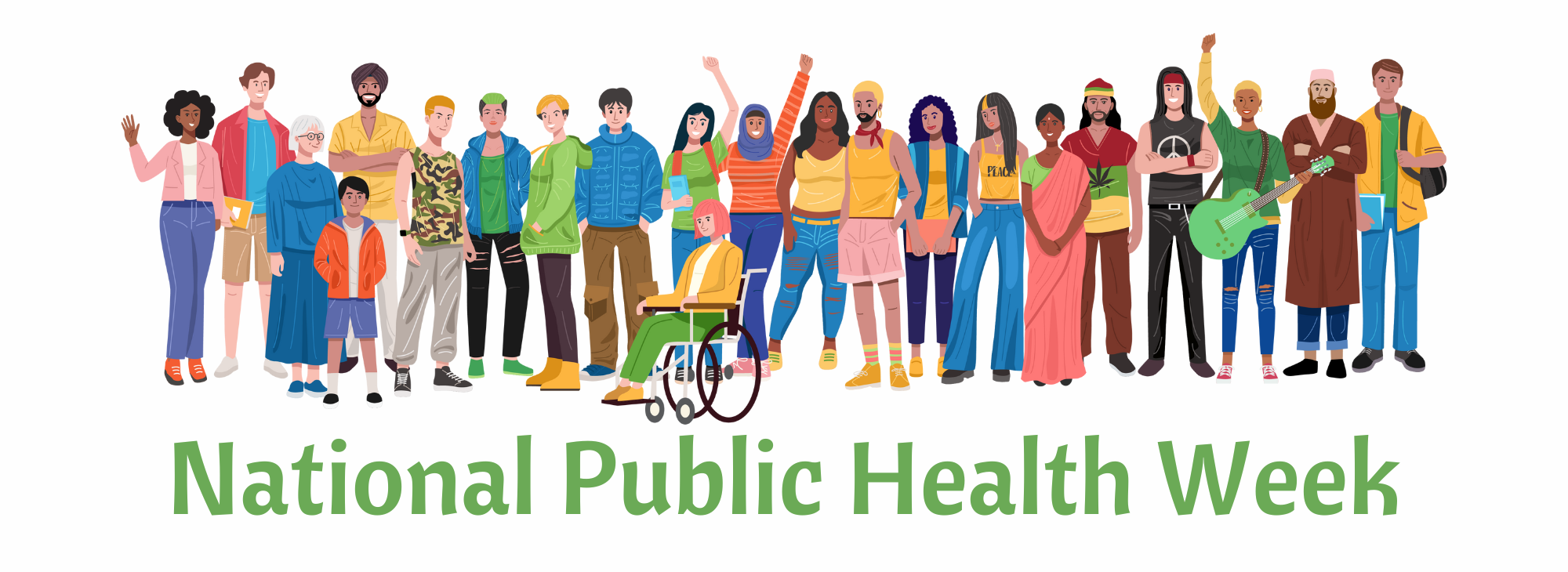Housing Goals
- Engaging the Johnstown community on effective pathways forward on the affordable housing issue
- Exploring technical assistance, strategic planning and best practice models to address housing needs in our communities
- Continued support of housing rehabilitation, market-rate, and other quality housing initiatives in the community, and integrating these affordable housing efforts with broader economic development and community revitalization initiatives in Johnstown
- Exploring transformational grant opportunities related to housing choice neighborhoods and other areas of focus
- Supporting social service agencies to address urgent needs of at-risk individuals in the community
Housing Resources for Cambria and Somerset Counties
Call 2-1-1 first for anyone in need of immediate housing assistance. Individuals must have their name registered with 2-1-1 to be eligible for many housing programs. If client is in Somerset County, you can also call Tableland Services, Inc. to be placed on By Names List: 814-445-9628 x254
Phone: 814-421-7311
Website: www.breakingthebarrierscc.org
- Transitional Housing – Providing housing for homeless individuals with mental health or substance use disorders
- Community Based Case Management – Coordinators provide case management support and resources for 18+ individuals enrolled with Health Choices
Phone: 814-533-2491
Email: c-cambriac@pa.gov
- Emergency Shelter Allowance – Funding from Department of Human Services. Payor of last resort. Grants up to $400.
- Recipients must show ability to pay future rent
- Apply through Cambria County Assistance Office or statewide at (877) 395-8930
Phone: 814-443-3681
Email: c-somerset@pa.gov
Emergency Shelter Allowance – Funding from Department of Human Services primarily for families with children who are experiencing eviction and/or homelessness and need to secure permanent housing. Grants up to $400 (depending on household makeup). Can supplement other available assistance or resources. Recipients must show ability to pay future rent. Payer of last resort. Apply through Cambria County Assistance Office, Somerset County Assistance Office, or the statewide customer service center at 877-395-8930
Phone: 814-535-8531
Website: https://www.cambriacountypa.gov/behavioral-health/
- Bridge Housing
- Transitional Housing
Phone: 814-536-9031
Website: https://www.capcc.us/
- Housing Assistance Program (HAP) – One month of rent up to $750 for individuals under 200% the Federal Poverty Line
- Emergency Solutions Grant – Helps individuals experiencing homelessness with security deposit and up to six months of rent
Phone: 814-619-4493
Website: http://gjlandlords.com/
- Bridge Housing – Rental assistance for up to one year for individuals who can be self-sustaining in one year. Must be homeless or at imminent risk of homelessness.
- Cambria County Comprehensive Housing – Permanent supportive housing similar to Section 8. Requirements: health barrier determined by Cambria County Behavioral Health
- Clearinghouse – List of landlords to call about housing. Informal landlord and tenant conflict resolution and non-legal advice
Phone: 814-629-5147
- Housing Choice Voucher Program/Section 8 Housing – provides rental subsidy to 91 individuals throughout Somerset County and is designed to provide applicants an opportunity to choose housing on the open market from private landlords who participate in the program.
- Public Housing Program – Three complexes designed for low-income families and individuals. Two complexes located in Boswell (121 units) and one complex located in Windber (100 units). They are all classified family units.
Phone: 814-535-7771
Website: http://www.jhaonline.org/
- Public Housing Program – provides housing to low-income, very low income, and extremely low income individuals and families. Eleven complexes designate for low-income families and inviduals. Four complexes designated for the elderly, disabled, or handicapped
- Housing Choice Voucher Program/Section 8 Housing – provides rental subsidy to very low income and extremely low-income families and individuals throughout Cambria County. Designed to provide applicants an opportunity to choose housing on the open market from private landlords who participate in the program.
Phone: 814-254-4413
Website: https://catholiccharitiesaj.org/services/homeless-shelter-program
- Provides shelter for up to 30 days for individuals or families. Provides case managers, internet access, transportation, and a physical address for people.
- Requirements: resident of Cambria County for 90 days prior to admission, 18 years of age, homeless, no history of violent/sexual offenses, physically and mentally stable, and no substance use or under the influence of alcohol or illegal substances.
Phone: 814-444-8588
Website: http://www.nextstepcenter.org/
- Community Housing Assistance Program (CHAP) – includes General Assistance Program, homeless outreach, housing services, and landlord engagement. Requirements: Homeless individuals who are at-risk of losing housing or literally homeless.* Interested individuals are asked to complete a 211 or By Name List (BNL) assessment. If clients are not eligible to be put on BNL or are only eligible for prevention services, they are to complete a mediation assessment with one of Next Step’s intake workers.
- Shelter – stays for Somerset County residents are for 30 days. Takes 2 years to be eligible again for the shelter. Guests are expected to do the work they need to do to find more permanent housing and to find employment if they are capable of working. Guests are also responsible for completing chores around the house daily and following rules. Staff and volunteers offer guidance for guests and make referrals to other local agencies that may be able to help in specific situations.
- Transitions Evening Shelter Care workshops – area volunteers from hospitals, banks, recovery & mental health support, etc. provide workshops with information and assistance when needed (i.e. budgeting, employment, health). Daily one-on-one case management is also provided to ensure all goals are being met in a timely manner during their stay.
Phone: 814-539-2724
Website: https://www.pendropincenter.org/
Address: 514 Somerset St, Johnstown
- Drop-In Center open Monday to Thursday 10 AM – 3 PM. Friday 10 AM – 2 PM. Evening and weekend hours posted on website calendar each month.
- Provides a safe, supportive, and welcoming environment for adults living with and recovering from a mental health issue. The Center provides an atmosphere of acceptance where individuals feel needed and grow in self-worth, dignity, and self-respect.
- Supportive Housing Program – provides housing assistance to individuals with mental illness and/or substance use for up to 6 months. Pays for rental arrears, current rent, and utility assistance.
- Funding for homeowners to prevent and/or ease mortgage delinquencies, defaults, foreclosures, displacement, and utility disconnection
- Eligibility: household income at/below 150% of the area median income; income reduction or increase in living expenses due to Covid: currently own or occupy a home: https://pahaf.org/am-i-eligible/
Phone: 215-878-5600
Website: https://www.inglis.org/programs-and-services/inglis-community-services/self-determination-housing-of-pennsylvania-sdhp
- Regional Housing Coordinator Program – Coordinators partner with stakeholders in an assigned area to bridge the information gap between the housing and disability systems. RHCP provides free housing-related webinars. For more information, contact SDHPInfo@inglis.org
- 811 PRA – SDHP acts as the statewide 811 Project Rental Assistance Waitlist administrator. For individuals with extremely low income with disabilities. Referral-based program with a waitlist. Ebensburg location. For more information, contact SDHPInfo@inglis.org
- Keystone Communities Program/PA Accessible Housing Grant – Home modifications for eligible individuals with disabilities to remain independent in their homes. For more information, contact Beth McKeown at Beth.McKeown@inglis.org
Phone: 814-445-9628
Website: http://www.capfsc.org/
- CES Access Site and Street Outreach – All potential individuals and families will be prescreened through the CES (Coordinated Entry System) process for all available housing interventions, encouraged to participate via 211 or the designated CES Access Site, and encouraged to participate in a Vi-SPDAT survey which will triage housing services and programs based upon the level of need. Level of need ranked based upon critical components such as
criminal history, frequency and length of homelessness, disability status including physical and mental health needs, veteran status, domestic violence substance abuse conditions and employment variables. - Emergency Rental Assistance Program (ERAP) – Provides financial assistance to eligible households, directly or indirectly impacted financially by COVID-19. This assistance will be available to eligible households struggling to pay rent, rental arrears, utilities, utility arrears, and other related housing expenses.
- Emergency Shelter & Food Services (FEMA) – Temporary assistance for eviction, shelter, utility assistance or emergency food shortages.
- Emergency Solutions Grant (ESG) – Program to assist homeless individuals/families living on the street and those residing in shelters to rapidly rehouse and offer preventative resources. Requirements include at or below the 30% AMI, literally homeless*, residing within a local emergency shelter, or fleeing domestic violence.
- Homeless Assistance Program (HAP) – Funds to assist individuals at-risk of homelessness or literally homeless* to obtain economic self-sufficiency and secure permanent housing. Requirements: 150% of the Federal Poverty level, homeless or at immediate risk of losing housing, lease with landlord, sustainable income for future months of rent.
- Permanent Supportive Housing Program (PSH): Long-term housing assistance with support for individuals/families with history of homelessness and barriers maintaining permanent housing (i.e., mental illness, substance abuse disorders, physical disabilities, chronic conditions). Requirements: literally homeless*, chronic homeless history & disability.
- PHARE Young Adult Supportive Housing (ages 18-24) – Scattered site model of supportive housing that provides short to medium term rental assistance, supportive services, and case management services. Eligible young adult participants must meet the definition of “literally homeless”* and have a combined household income that is at or below the 50% median area income for the County of Somerset.
- Supportive Housing Program (SHP) – Supportive housing and services to homeless individuals and families. Case managers work closely to increase participant’s skills and income to secure stability and live as independently as possible. Requirements: literally homeless* or residing in an emergency shelter.
Phone: 844-VLP-VETS
Website: https://www.veteransleadershipprogram.org/
- Program for homeless veterans or veterans who are at risk of becoming homeless
- Grant or Per Diem (bridge housing) program
- Scattered sites in Altoona and Johnstown areas, with 10 beds to temporarily house veterans while seeking permanent housing
- Requirements: serving active duty outside of training, a discharge that is not Dishonorable or General Court Martial, no income limits. Does not need to be VA eligible.
Phone: 814-288-4961
Website: http://victimservicesinc.org/
- Apartment-style shelter for victims of domestic violence and/or human trafficking.
- Assists victims of sexual assault and violent crimes with navigating housing assistance programs.
Phone: 814-536-5361
Website: https://www.womenshelpcenter.org/
- Emergency Shelter – provides immediate shelter for women and families experiencing episodic homelessness due to circumstances such as domestic violence, financial hardship, and other safety or housing-related needs. The program is available 24/7 with staffing, provides food, clothing, and a secure family-oriented facility, and support services. Requests for service and admission are subject to approval and reviewed on a case-by-case basis. Individuals should explore other community resources available prior to requesting shelter.
- Transitional Housing – for individuals in need of housing for a period longer than 30 days. The program can provide services for up to 24 months. Emergency shelter residents are assessed for their housing needs and may utilize the transitional housing program to enable them to achieve full self-sufficiency. The program has 9 fully furnished apartments in the community and provides ongoing case management, monitoring, monthly food distribution, and emergency food and supplies.
- Financial Literacy – workshops are provided by certified counselors for Building Your Financial House. Comprised of a series of seven workshops that cover topics including taxes, credit savings, and budgeting.
- HUD Certified Housing Counselors/Housing and Resource Navigator – individuals can work with certified housing counselors on a variety of housing issues related to renting, home ownership, and budgeting. The Housing and Resource Navigator is available to assist in locating rentals, accessing housing programs, and linkages to housing resources.
- Prepared Renters Program – workshop delivered by certified instructors to educate individuals on responsibilities of rents, understanding a lease, and landlord responsibilities.
- Information and Referral – available 24/7 to provide a variety of information and resources on community services
*HUD Definition of Category 1 – Literally Homeless
- Individual or family who lacks a fixed, regular, and adequate nighttime residence, meaning:
- Has a primary nighttime residence that is a public or private place not meant for human habitation;
- Is living in a publicly or privately operated shelter designated to provide temporary living arrangements (including congregate shelters, transitional housing, and hotels and motels paid for by charitable organizations or by federal, state and local government programs); or
- Is exiting an institution where (s)he has resided for 90 days or less and who resided in an emergency shelter or place not meant for human habitation immediately before entering that institution
Latest News
National Public Health Week promotes health equity
The first week in April is National Public Health week [...]
I get to help people in need: Meet new CHW Sonya
Tell me about yourself. My name is Sonya. I recently [...]


